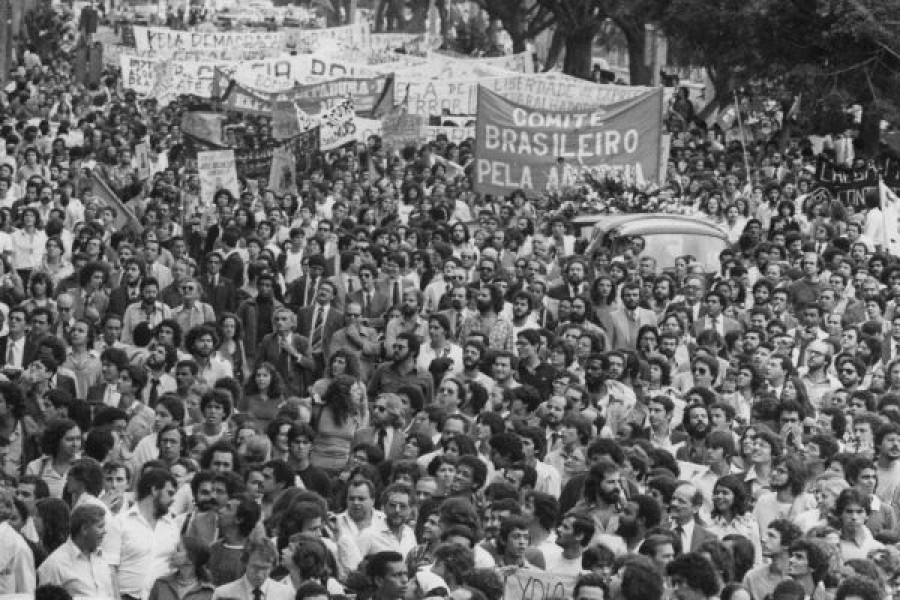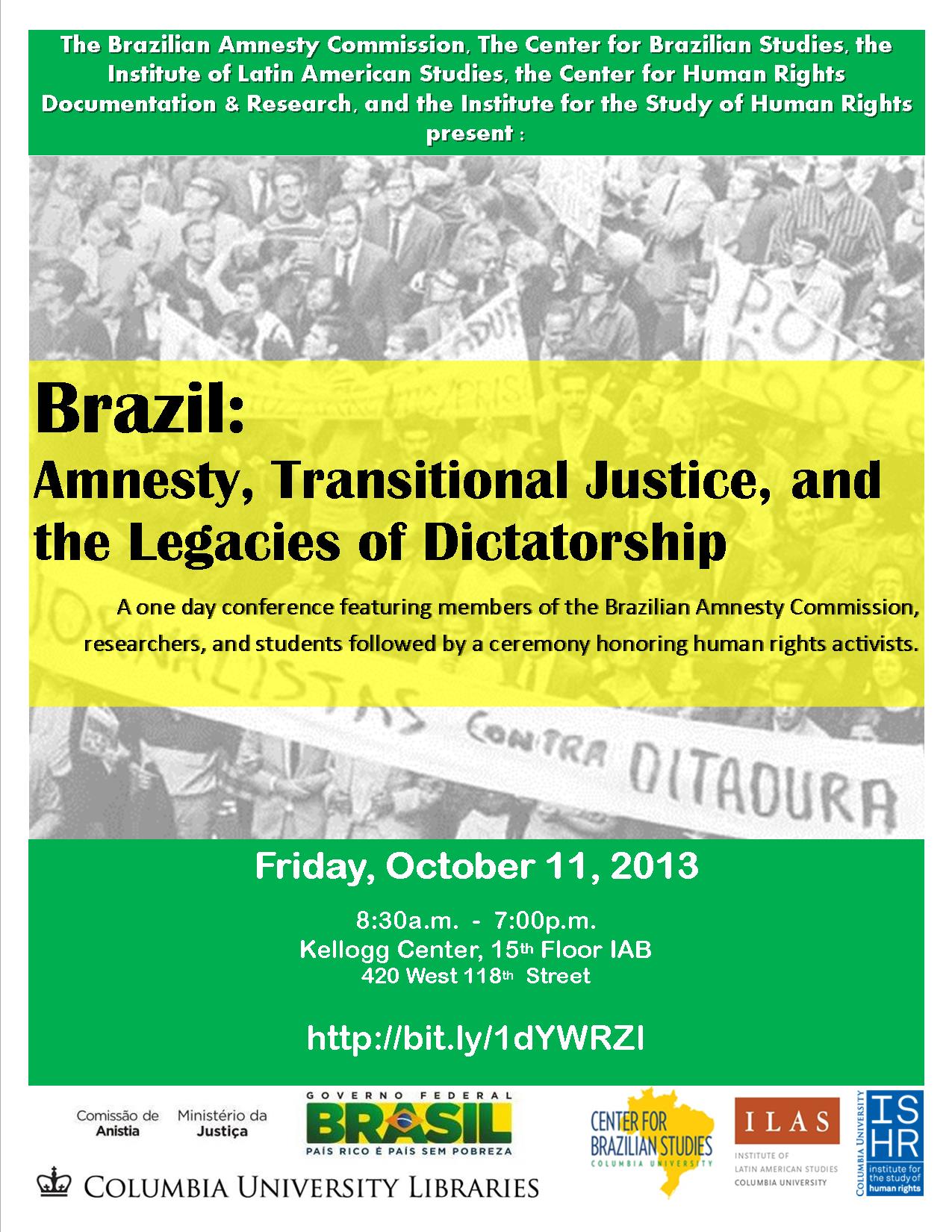Reference




OpenAI's Answer
The 1979 amnesty law passed by Brazil's military dictatorship had a significant impact on both the political landscape and the process of transitioning to democracy. Here are the main outcomes:
-
Beginning of Democratic Transition: The law marked the beginning of the end of the military dictatorship in Brazil. It was an essential step in transitioning towards a democratic government by allowing exiled politicians and other individuals who had been persecuted to return to Brazil, thus fostering a more inclusive political environment (source).
-
Impunity for Human Rights Violations: A controversial aspect of the law was that it granted amnesty to both political dissidents and military personnel responsible for human rights abuses during the dictatorship. This meant individuals responsible for acts such as torture and killings were also shielded from prosecution, leading to a legacy of impunity (source).
-
Continued Legal and Political Debates: The amnesty law has been both a point of contention and discussion in Brazilian society and judicial systems. Its implications have sparked debates on justice and accountability, with some seeing it as necessary for peace and reconciliation while others view it as a barrier to justice for victims of the dictatorship (source).
Here are some images related to the law and its impact: